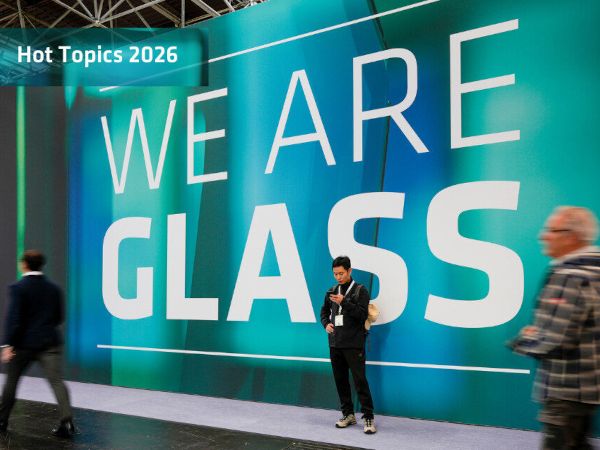
Date: 26 May 2025
The focus has been set for the next glasstec: alongside one of the most relevant sectoral topics, recycling and circularity, many innovations and exhibitors will deal with the use of AI and digital tools as well as the reduction of CO₂ emissions. This means the world-leading trade fair of the glass industry has further sharpened the profile of its Hot Topics compared to the past glasstec 2024, moving the AI theme further into focus on account of the importance of the topic.
Artificial Intelligence is gaining in relevance
As early as at glasstec 2024 Artificial Intelligence already formed part of the focal theme Digital Technologies. Because it makes inroads in nearly all production and value-adding processes of the glass industry.
At glasstec 2026 the use of AI will move centrestage as a stand-alone focal topic for the first time. Its rising impact on nearly all stages of glass manufacturing – from process control to efficiency optimisation to maintenance and quality assurance – makes it a central innovation factor for the sector. With this move the trade fair underlines the rising importance of data-driven solutions, automation and smart process control for future-proof and competitive glass production.
Circularity continues to be relevant topic for the industry
Circularity aims to prolong the product lifecycle as much as possible, to save resources and minimise waste. In the glass industry this means above all: recycling, reuse and the use of innovative manufacturing processes to make more efficient use of materials and reduce emissions.
After all, the big benefit of glass as a packaging material is that it can be recycled infinitely. But there is more potential to be tapped into along the value chain to reduce energy and resource consumption and increase reuse rates to make the work of the sector even more circular. This potential is precisely what a great number of exhibitors, research institutes and panels focus on at glasstec 2026.
Decarbonisation of the glass industry is advancing
Decarbonisation aims to reduce CO₂ emissions – a crucial objective for the energy-intensive glass industry. Manufacturing processes in the glass industry are already highly optimised to produce glass with consistent quality and low emissions. This means CO2 neutrality can only be achieved by the changeover to new key technologies that avoid process-induced emissions. Playing a pivotal role here are technology innovations in melting, the transition to green energy carriers and digital control systems.
The future topics of the glass industry
The Hot Topics of glasstec 2026 provide compact guidance on the future topics of the glass industry. They pool current technological and ecological developments and flag up the areas where innovations are seeing particularly dynamic development.
Save the date for glasstec 2026 now: 20 to 23 October 2026. Follow us on LinkedIn, Facebook and X to not miss out on any news or the registration deadline.
 600450
600450

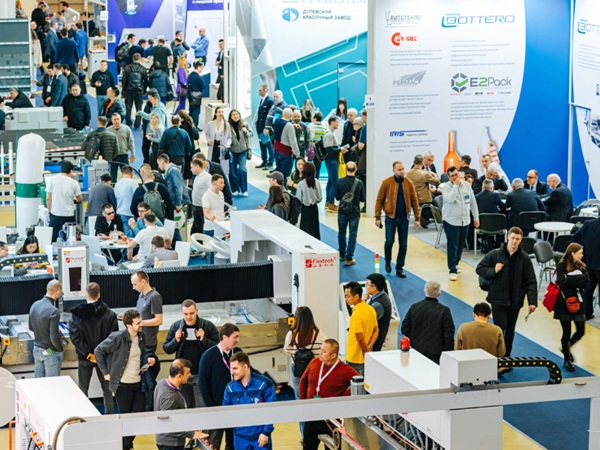
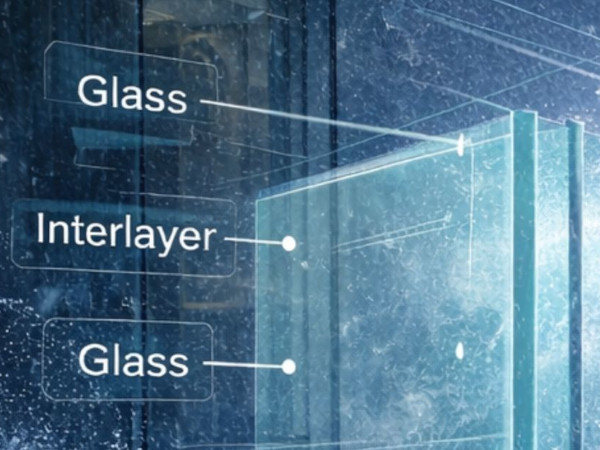
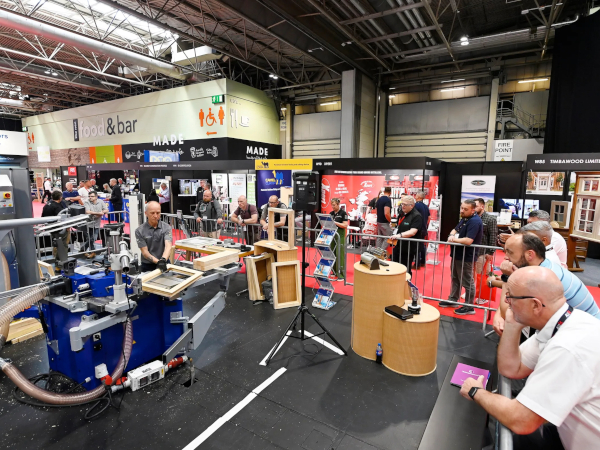
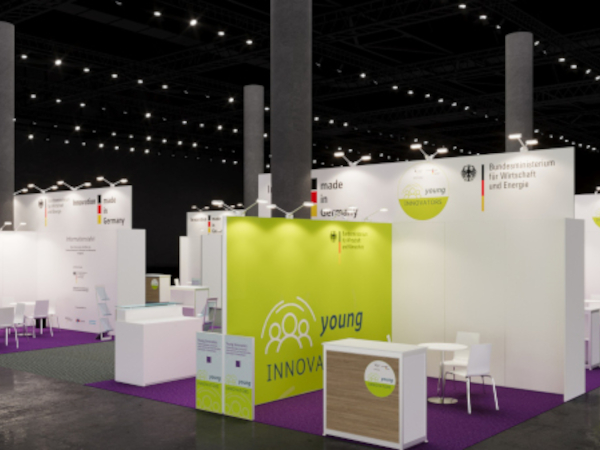
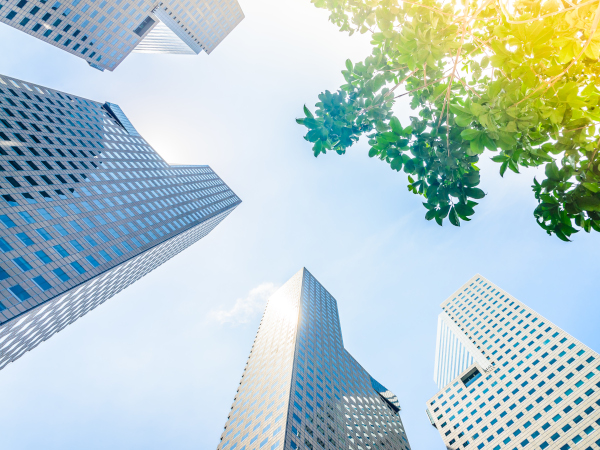
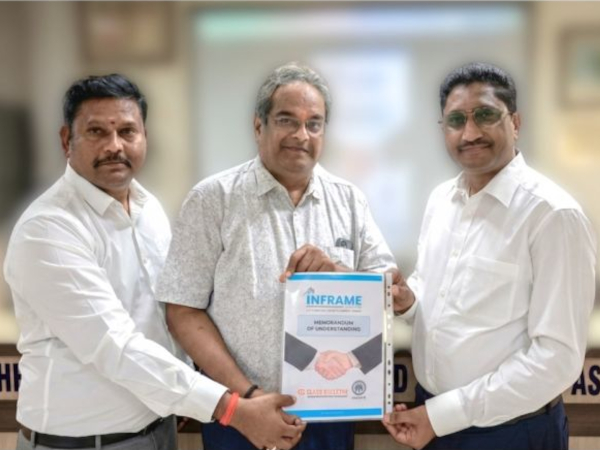


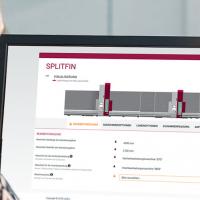


Add new comment